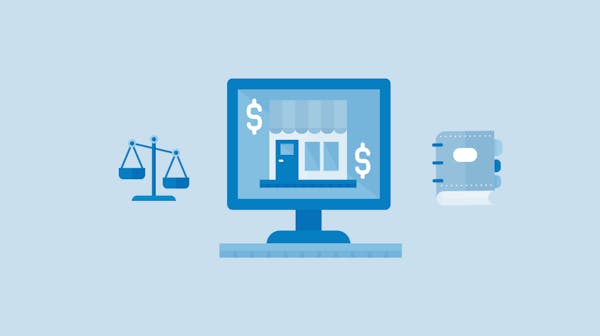AI in Invoicing fundamentally enhances the process by increasing accuracy, automating routine tasks, and ensuring compliance with regulations. However, its transformative potential is not without challenges, especially when integrating into existing systems. Curious about how it all works? Let’s dive in.
Introduction to the Impact of AI on Invoicing
- The Transformative Role of AI in Business Operations
AI in Invoicing is revolutionizing business financial operations, including the critical task of invoicing. Leveraging AI brings enhancements such as intelligent transaction categorization, automated payment reminders, and even fraud detection, paving the way for a new era of financial management.
- Overview of AI Capabilities Applicable to Invoicing
Leveraging AI in Invoicing transcends traditional automation. It embodies advanced capabilities like predictive analytics, which can forecast cash flow and customer payment behaviors, and natural language processing to streamline customer interactions related to invoicing.
Benefits of AI in Invoicing
- Increased Accuracy and Error Reduction
With AI in Invoicing, companies witness a significant reduction in manual errors. AI's ability to analyze large data sets ensures that invoices are generated with precise details, which is crucial for maintaining a positive cash flow and customer relationships.
For instance, after implementing AI in Invoicing, a mid-sized company reported a 30% decrease in invoicing errors, translating to significant cost savings and improved client trust.
- Enhanced Efficiency through Automation
Thanks to advancements in AI for Invoicing, real-time invoice processing is now a reality. For example, immediately after a service is rendered or a product is delivered, an AI system can generate an invoice, drastically cutting down the time between service provision and payment request.
AI-Driven Customization and Compliance
- Tailored Invoicing Experience with AI
AI systems in invoicing often come equipped with machine learning algorithms that adapt to specific client preferences over time, leading to highly personalized invoices with minimal manual input.
- Keeping Up with Regulations and Tax Laws
Incorporating AI in Invoicing isn't solely about streamlining processes; it's also critical for compliance. With evolving financial regulations, AI systems employ updates in real-time, incorporating the latest legislative changes into each invoice, all without manual intervention.
Integration and Implementation Challenges
- Combining AI with Current Invoicing Systems
The integration of AI in Invoicing with existing systems poses challenges. However, when done correctly, it aligns the invoicing process with modern technological standards, setting businesses up for sustainable growth.
Integration challenges can range from data standardization, ensuring compatibility between AI and legacy systems, to staff training for optimal use of new AI-assisted processes.
- Future Outlook of AI in Invoicing
Looking forward, AI in Invoicing advancements like deep learning are poised to refine invoice customization further. Moreover, blockchain technology may be integrated with AI to create even more secure and transparent billing systems.




